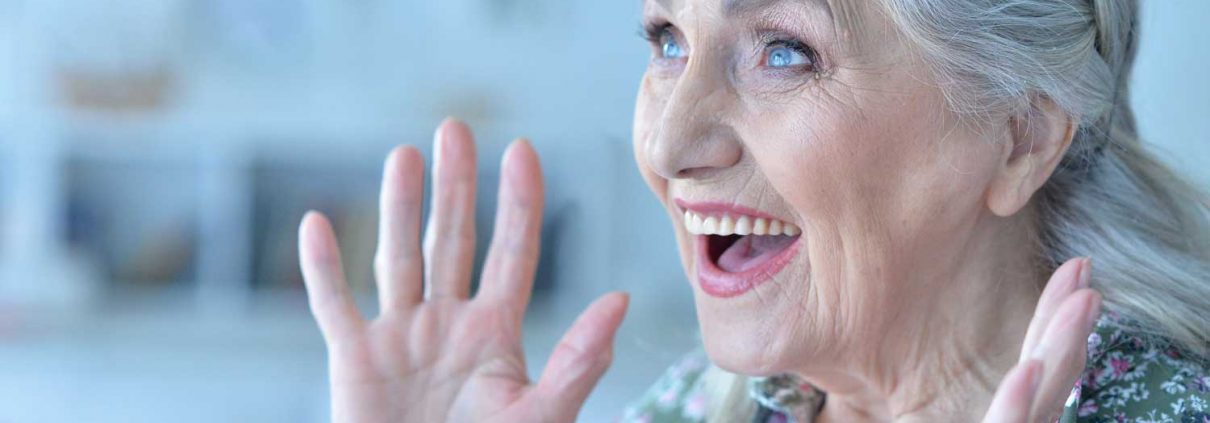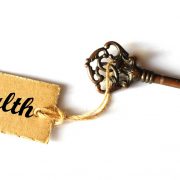Thinning Hair Doesn’t Have to Mean Thinning Hope
One inevitable fact of life is that thinning hair is a common byproduct of aging. Studies show that up to 50 percent of women over the age of 50 will experience hair loss. Sadly, many of us have a genetic predisposition to hair loss, or androgenetic alopecia.
“As we age, overall density changes, and individual strands become finer,” explained dermatologist Doris J. Day in an article for Prevention.com.
Before you silently accept your follicle-deprived fate, here are some methods that have been shown to reduce the rate of hair loss.
Eat like your hair depends on it: Your hair is a direct reflection of your diet, so if you don’t like what’s happening on your head, pay attention to what’s going in your mouth.
“We know that a nutritious diet is key to healthy skin, functioning organs, an alert mind, and good strong hair. Your hair will benefit from a diet of protein, zinc, iron and Vitamin B12,” said Pamela Fernandez, LPN at Arroyo Vista Nursing Center.
“A strand of hair is composed of mostly protein, which means your hair needs protein to grow,” wrote WebMD contributor Joseph Saling. “At any given time, about 90 percent of your hair is in the growing phase. If you don’t get enough protein in your diet, a disproportionate number of hairs may go into the resting phase, which happens right before they are shed.”
Turn off the heat: Ironically, sometimes our efforts to improve our hair’s appearance are the very things contributing to its departure. Heated styling products are one of the biggest culprits.
“Certain hair appliances that use high heat to help style your hair can lead to damaged hair and breakage, which can look like baldness,” wrote contributor Krisha McCoy. “Damaging hair appliances include blow dryers, flat irons, curling irons, and other devices that apply heat to your hair.”
McCoy added that these appliances cause the most damage when you use them on wet hair.
Avoid certain medications: Many prescription medications contribute to increased hair loss in men and women.
“Among the medications that can potentially cause hair loss are blood thinners, vitamin A supplements, some arthritis medications, antidepressants, gout medications, medications for certain heart problems, blood pressure medications, and birth control pills,” wrote McCoy. The good news is that your doctor may be able to prescribe an alternative medication.
This article was previously published by the Daily Herald and republished here with permission.











